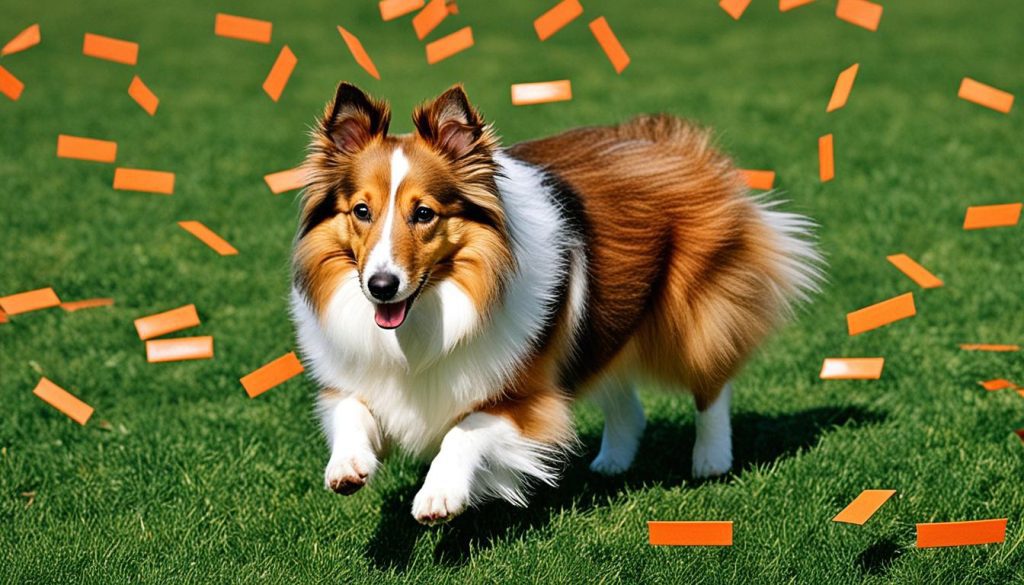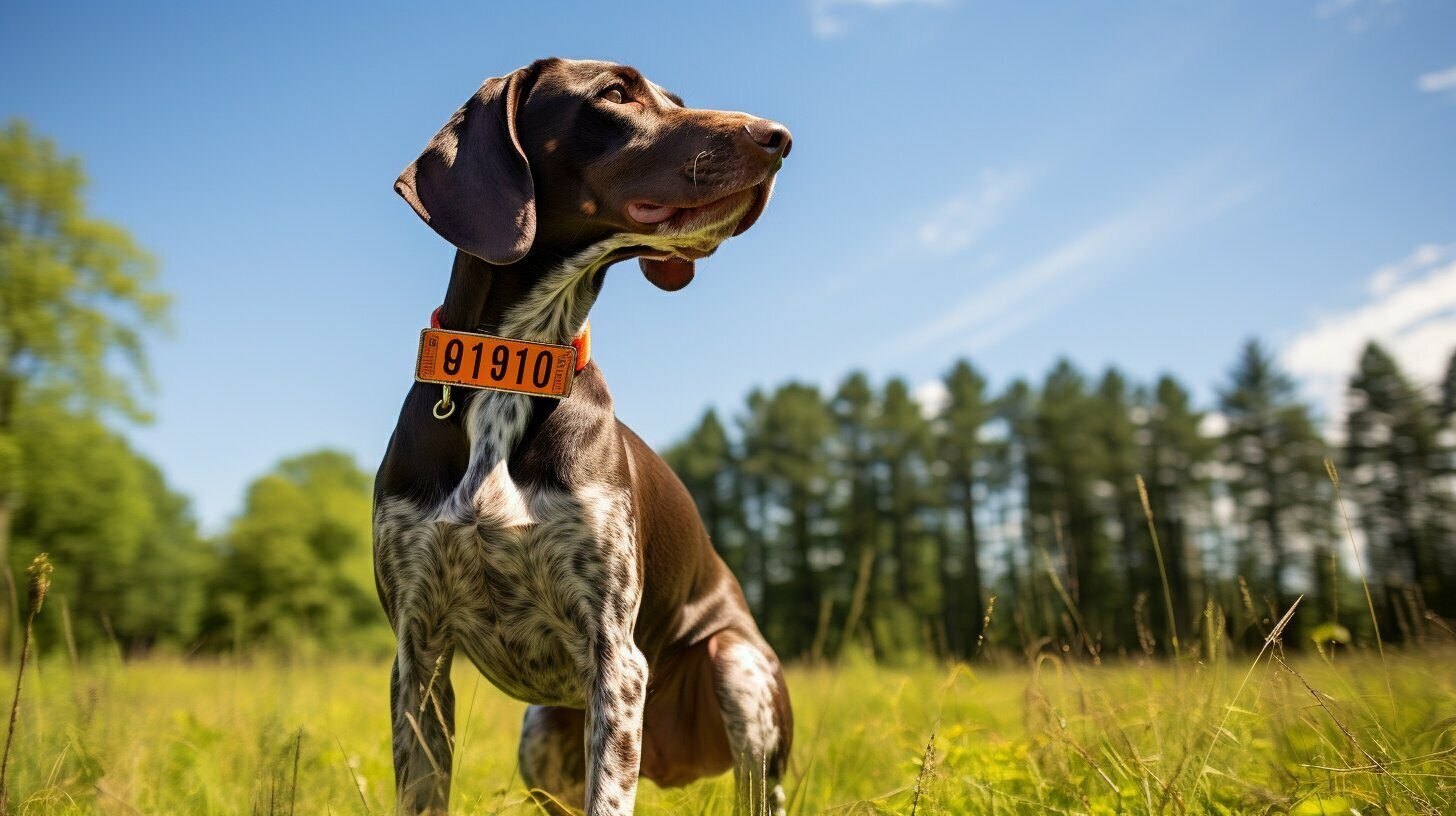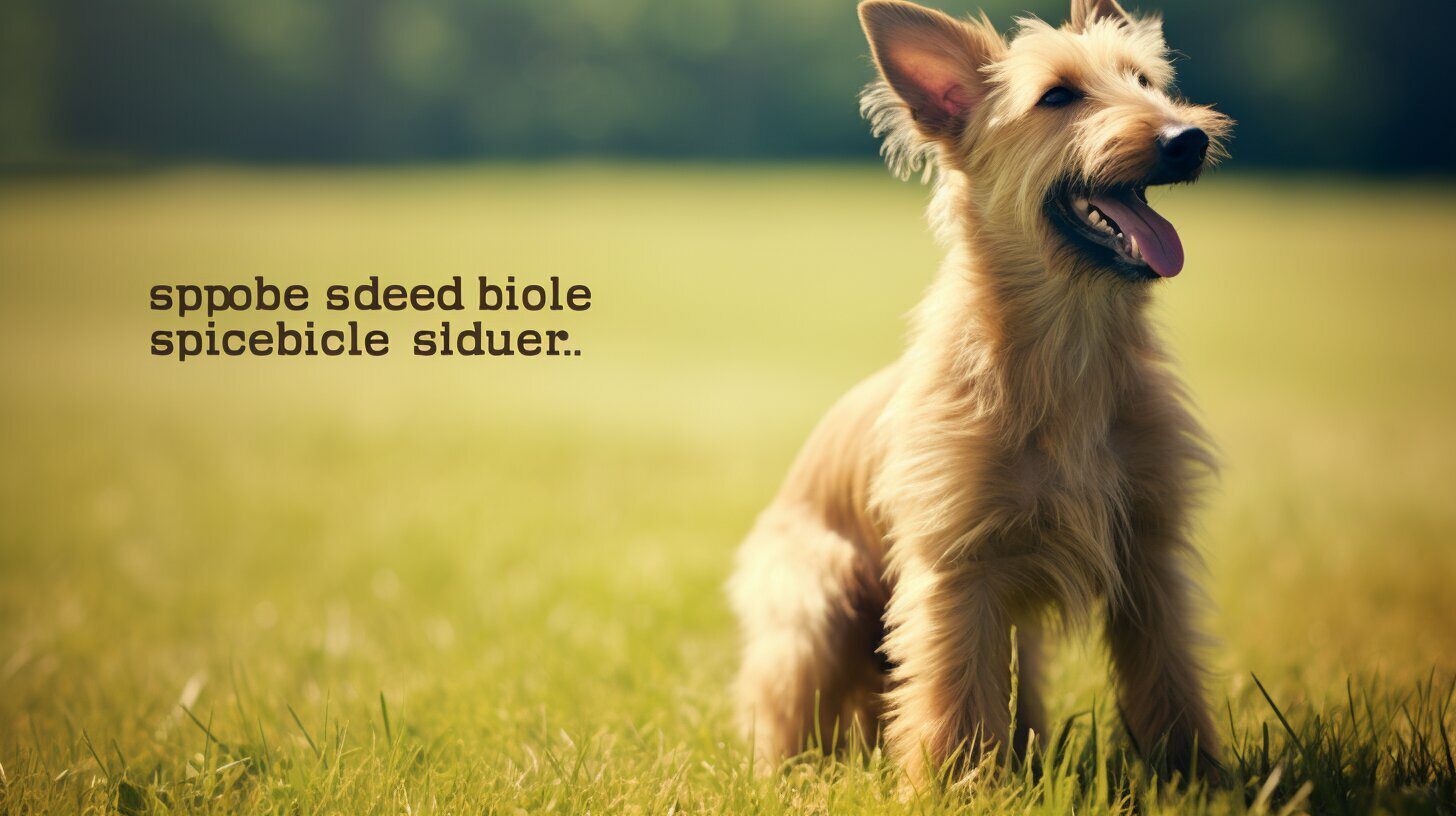I couldn’t help but wonder about the intelligence of Shetland Sheepdogs, also known as Shelties. After all, their vibrant personalities and remarkable problem-solving skills have always intrigued me. So, I decided to delve into their cognitive abilities and uncover just how smart these adorable creatures truly are.
When it comes to intelligence, Shetland Sheepdogs rank high among dog breeds. They possess a remarkable capacity for learning, storing, and applying information in innovative ways. In fact, Shelties are listed as the 6th most intelligent breed out of the top 10, showcasing their impressive level of smarts.
Are Shetland Sheepdogs Smart
- Shetland Sheepdogs, or Shelties, are considered smart and intelligent dogs.
- They rank 6th among the top 10 smartest dog breeds.
- Shelties demonstrate problem-solving skills and adaptability in various activities.
- Their high intelligence enables them to learn commands quickly.
- Shetland Sheepdogs are loyal and eager to please their family.
Understanding Dog Intelligence and Ranking Systems
Dog intelligence is a fascinating subject that can be evaluated and measured using various ranking systems. These systems take into account factors such as trainability, problem-solving skills, and the ability to learn commands quickly. One prominent ranking system is based on extensive research and provides insights into the intelligence of different dog breeds.
This ranking system places the Border Collie at the top, widely regarded as the smartest breed. Known for their exceptional problem-solving abilities and trainability, Border Collies consistently demonstrate their high level of intelligence.
The Poodle is another breed that ranks highly in terms of intelligence. With their keen intellect and versatility, Poodles are quick to learn new commands and excel in various activities, such as obedience trials and agility courses.
Other breeds that are recognized for their intelligence include the German Shepherd and the Golden Retriever. These breeds showcase a combination of smarts, trainability, and adaptability that make them popular choices for various tasks and activities.
Shetland Sheepdogs, also known as Shelties, rank among the top 10 smartest breeds according to this ranking system. Their cognitive abilities and capacity for learning and problem-solving make them an intelligent and versatile breed.
| Ranking | Smartest Dog Breeds |
|---|---|
| 1 | Border Collie |
| 2 | Poodle |
| 3 | German Shepherd |
| 4 | Golden Retriever |
| … | … |
| 10 | Shetland Sheepdog |
Shetland Sheepdogs: A Smart and Versatile Breed
Shetland Sheepdogs, or Shelties, possess a remarkable range of cognitive abilities that showcase their intelligence. These dogs are highly regarded for their problem-solving skills, adaptability, and quick learning abilities. Shelties excel in various dog sports and activities, including herding trials and agility competitions, where their intelligence is put to the test. Their strong desire to please their owners makes them highly trainable and responsive to commands.
Shetland Sheepdogs demonstrate their cognitive capabilities through their problem-solving skills, adaptability, and quick learning abilities. This breed’s intelligence and versatility make them suitable for a wide range of activities and tasks.
Furthermore, Shelties have a keen understanding of human emotions and cues, enabling them to form strong bonds with their owners. Their intelligence shines through their ability to comprehend and follow commands effectively. This willingness to please, coupled with their high intelligence, makes them excellent family pets.

Shetland Sheepdogs exhibit a strong desire to please their owners, making them highly trainable and responsive to commands. Their intelligence and versatility enable them to excel in various activities, making them a great choice for families with different lifestyles.
In summary, Shetland Sheepdogs are a smart and versatile breed, demonstrating exceptional cognitive abilities, problem-solving skills, and adaptability. Their intelligence, combined with their eagerness to please, makes them an excellent choice for families looking for a trainable and responsive companion.
The Trainability of Shetland Sheepdogs
Shetland Sheepdogs are renowned for their trainability and their eagerness to please their owners. This breed responds exceptionally well to positive reinforcement training methods, making them quick learners when it comes to picking up new commands and behaviors. When it comes to obedience training, Shelties thrive and can excel with the right approach.
Obedience training is particularly crucial for Shetland Sheepdogs to ensure they understand and follow commands effectively. These intelligent dogs have the capacity to grasp concepts and learn behaviors, but consistent training is essential to reinforce these skills. By providing clear and consistent guidance, Shelties can become well-behaved and dependable companions.
It is important to apply patience and positive reinforcement techniques in Shetland Sheepdog training. These dogs respond best to rewards such as treats, praise, and playtime when they exhibit desired behaviors. By focusing on positive reinforcement rather than punishment, you can establish a trusting bond with your Sheltie and encourage their natural eagerness to learn.
Proper socialization is also key during training. Introducing Shetland Sheepdogs to various environments, other dogs, and different types of people from an early age helps them develop good manners and adaptability. This early exposure will also contribute to their overall confidence and well-roundedness.
With the right training methods, consistency, and patience, Shetland Sheepdogs can reach their full potential and become well-adjusted, obedient companions. Whether you’re teaching basic commands or advanced tricks, the trainability of Shetland Sheepdogs ensures that they can excel in obedience training and be a joy to have as part of the family.
So let’s dive deeper into the training process for Shetland Sheepdogs.
Obedience Training Techniques for Shetland Sheepdogs
When training a Shetland Sheepdog, it’s important to utilize specific obedience training techniques that align with their intelligence and eagerness to please. Here are some effective techniques to consider:
- Positive Reinforcement: Utilize rewards such as treats, praise, and playtime to reinforce desired behaviors. This method encourages Shelties to associate positive experiences with following commands.
- Clicker Training: Incorporate a clicker as a consistent auditory marker to reinforce correct behaviors. The click sound informs the dog that they have performed the desired action correctly, followed by a reward.
- Consistency: Consistency is key to successful training. Use the same command words and hand signals consistently and ensure that all family members follow the same training guidelines.
- Short, Frequent Training Sessions: Shelties have a high energy level, but their attention span can be limited. Keep training sessions short and frequent to maximize their focus and prevent boredom.
- Patience: Patience is essential when training any dog, including Shetland Sheepdogs. Stay calm and patient, rewarding small successes along the way to reinforce positive behaviors.
Example Shetland Sheepdog Training Schedule
Creating a structured training schedule can help ensure that you cover all the necessary training aspects for your Shetland Sheepdog. Here’s an example schedule to guide you:
| Training Activity | Frequency | Duration |
|---|---|---|
| Basic Obedience | Daily | 10-15 minutes |
| Advanced Commands | 2-3 times per week | 5-10 minutes |
| Socialization | Weekly | 30 minutes |
| Games and Tricks | 2-3 times per week | 10-15 minutes |
Remember, each Shetland Sheepdog is unique, so be sure to adapt the training schedule based on your dog’s progress, personality, and needs.
Now that we understand the trainability of Shetland Sheepdogs, let’s explore how their intelligence compares to other breeds in the next section.
The Intelligence of Shelties Compared to Other Breeds
In comparison to other breeds, Shetland Sheepdogs are considered to be highly intelligent. They possess the cognitive abilities necessary to learn and solve problems effectively. While they may not be at the very top of the intelligence ranking system, they are still recognized as one of the smartest breeds. Shelties have the capacity to perform well in intelligence tests and demonstrate their brainpower through their ability to understand and follow commands, as well as their problem-solving skills.
The Role of Intelligence in Shetland Sheepdog Training
The high intelligence of Shetland Sheepdogs makes them excellent candidates for training. Their ability to quickly understand and follow commands allows for efficient and effective training sessions. However, it’s important to recognize that their intelligence also requires cognitive stimulation and engagement during training to keep their minds sharp and prevent boredom.
One way to provide cognitive stimulation is through the use of interactive toys and puzzle games. These types of activities challenge their problem-solving abilities while keeping them mentally engaged and entertained. Incorporating obedience training exercises that involve problem-solving can also be highly beneficial. This not only reinforces their understanding of commands but also stimulates their intelligence.
By incorporating cognitive stimulation into their training regimen, Shetland Sheepdogs can maximize their potential and maintain their focus during training sessions. This will not only result in a well-trained and obedient dog but also a happy and intellectually stimulated companion.

The Role of Intelligence in Training Shetland Sheepdogs
| Benefits of Cognitive Stimulation | Ways to Provide Cognitive Stimulation |
|---|---|
| 1. Prevents Boredom | 1. Interactive toys |
| 2. Keeps the Mind Sharp | 2. Puzzle games |
| 3. Enhances Problem-Solving Skills | 3. Obedience training exercises |
Note: Incorporating regular cognitive stimulation activities into Shetland Sheepdog training sessions is crucial. It not only strengthens their problem-solving abilities but also keeps them mentally stimulated and prevents boredom.
The Benefits of Owning a Smart Shetland Sheepdog
Owning a smart Shetland Sheepdog offers numerous benefits. Their intelligence allows for easier training and faster learning of new commands. Shelties have a natural ability to understand and respond to their owners, making them highly trainable and responsive.
One of the key benefits of owning an intelligent dog like the Shetland Sheepdog is their versatility. Whether you’re looking for a companion for outdoor adventures or a dog to participate in dog sports and activities, Shelties are up for the challenge. They excel in agility competitions, herding trials, and other tasks that require problem-solving skills and adaptability.
Shetland Sheepdogs also make excellent family pets. Their loyalty, devotion, and eagerness to please make them a great addition to any household. They form strong bonds with their owners and are known for their ability to understand human emotions and cues. With their intelligence and sensitivity, Shelties can provide comfort and companionship to their families.
Another benefit of owning a smart dog is the mental stimulation they bring. Shetland Sheepdogs thrive when they have the opportunity to engage their intelligence. Interactive toys, puzzle games, and obedience training exercises can keep their minds sharp and prevent boredom.
Overall, owning a smart Shetland Sheepdog offers a rewarding and fulfilling experience. Their intelligence, adaptability, and loyalty make them a beloved family pet and a joy to train and interact with.
Conclusion
It’s undeniable that Shetland Sheepdogs are a smart and intelligent breed. With their exceptional cognitive abilities, they have the capacity to learn, problem-solve, and adapt to new situations. Their trainability, problem-solving skills, and eagerness to please make them highly regarded as one of the smartest breeds.
Whether they are participating in dog sports, performing tasks, or simply being a loving family pet, Shetland Sheepdogs consistently showcase their intelligence and prove just how smart they truly are. Their ability to excel in various activities and tasks, coupled with their loyal and devoted nature, makes them an ideal choice for families of any lifestyle.
With their quick learning abilities and adaptability, Shetland Sheepdogs are highly trainable and responsive to commands. Their intelligence also enables them to form strong bonds with their owners and understand human cues and emotions. As intelligent companions, they bring joy, companionship, and an exceptionally smart presence to any household.






